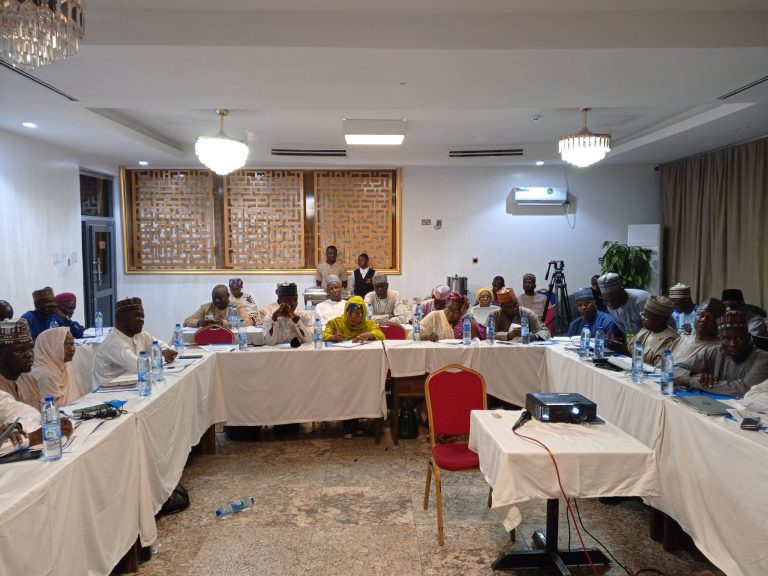The United Nations Children’s Fund (UNICEF) has announced a significant drop in the number of out-of-school children in the North East region, from over 3 million to 2 million.
Speaking in Maiduguri on Wednesday at the launch of the GPE-AF project, Officer-in-Charge of the UNICEF Borno Field Office, Gilmar Teddy Cruz, attributed this progress to the successful implementation of the GPE-AF project, which aimed to increase access to education for 1.5 million out-of-school children in the region.
According to him, the GPE-AF project has built on the success of the previous GPE Accelerated Funding (AF) 2020-2023, which improved education access and learning outcomes for over 180,000 conflict-affected children across 24 LGAs in Borno, Adamawa, and Yobe states.
“We are pleased to see a decline in the number of out-of-school children in the North East. Our partnership with the ministries of education has created a conducive atmosphere to address the learning crisis, and we will continue to work together to solve this problem.”
He explained that education stakeholders from Borno, Adamawa, and Yobe state governments, in collaboration with UNICEF, convened to discuss the project’s objectives and implementation plans.
The workshop focused on enhancing collaboration and coordination among stakeholders to ensure effective implementation and improve education outcomes for children in emergencies in North-East Nigeria.
ALSO READ: ASURI, coalition writes Tinubu over sponsored campaign against FIIRO
Professor Bulama Kagu, representing the Borno Government, remarked, “We have policies in place to address the issue of out-of-school children, and we have succeeded in reducing the numbers, although we still face challenges.”
Dr. Umar Garba, Adamawa State Commissioner of Education, highlighted the importance of children being in school for securing a better future for the country. He mentioned that the Adamawa state government is conducting enrollment campaigns to encourage out-of-school children to return to school, targeting both children and parents.
The progress achieved in reducing the number of out-of-school children in the North East underscores the effective partnership between UNICEF, governments, and stakeholders in addressing the learning crisis in the region.
